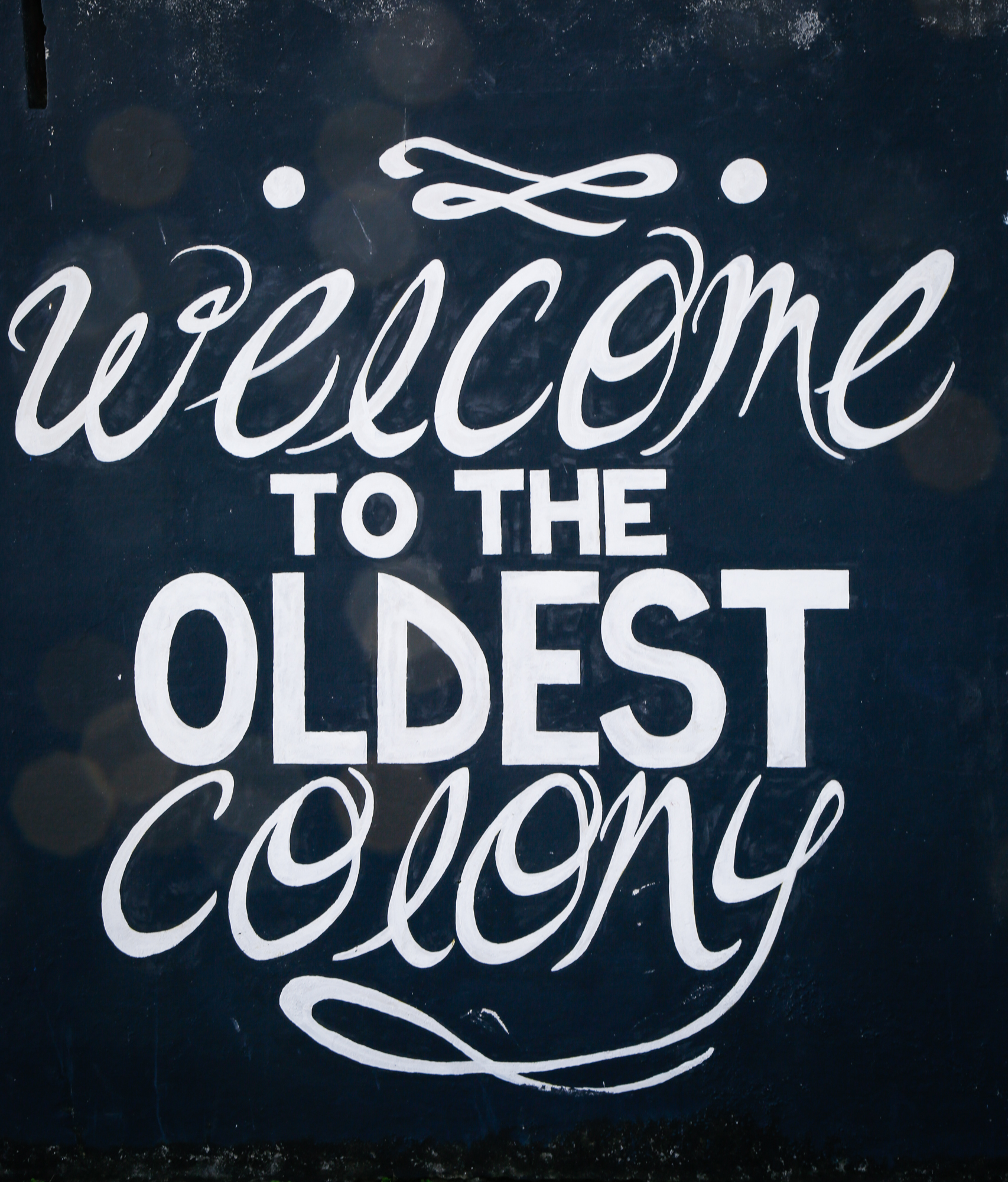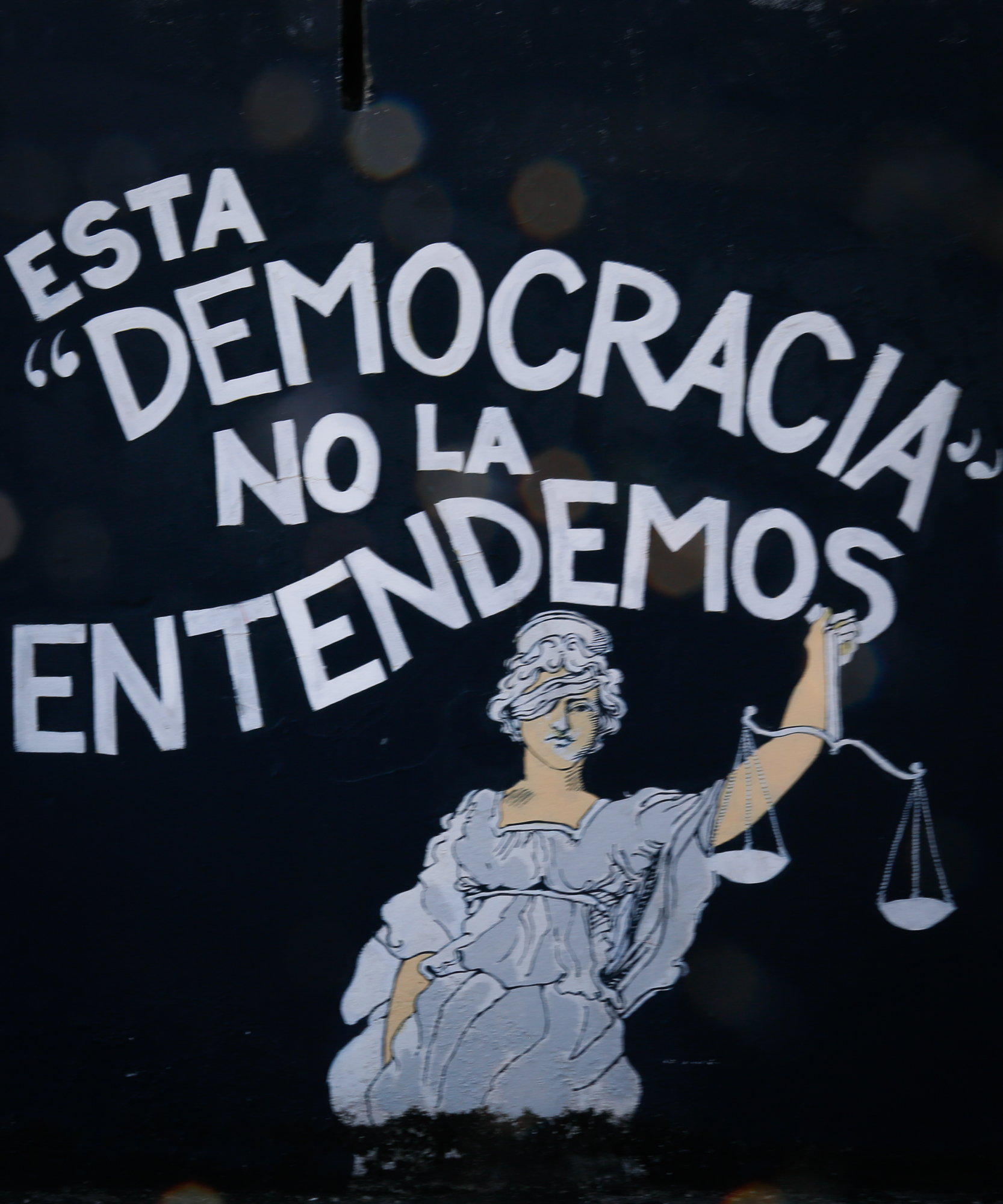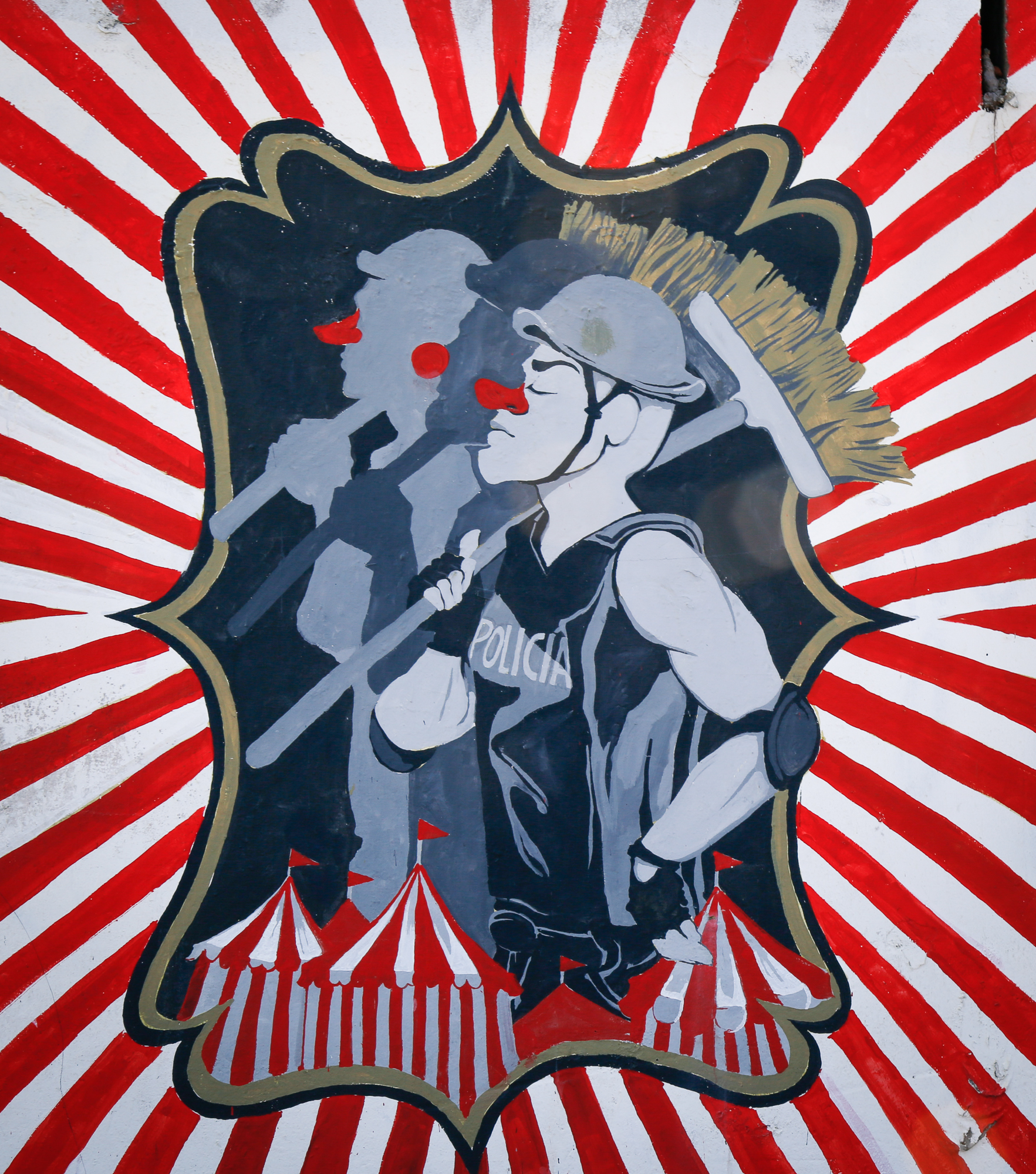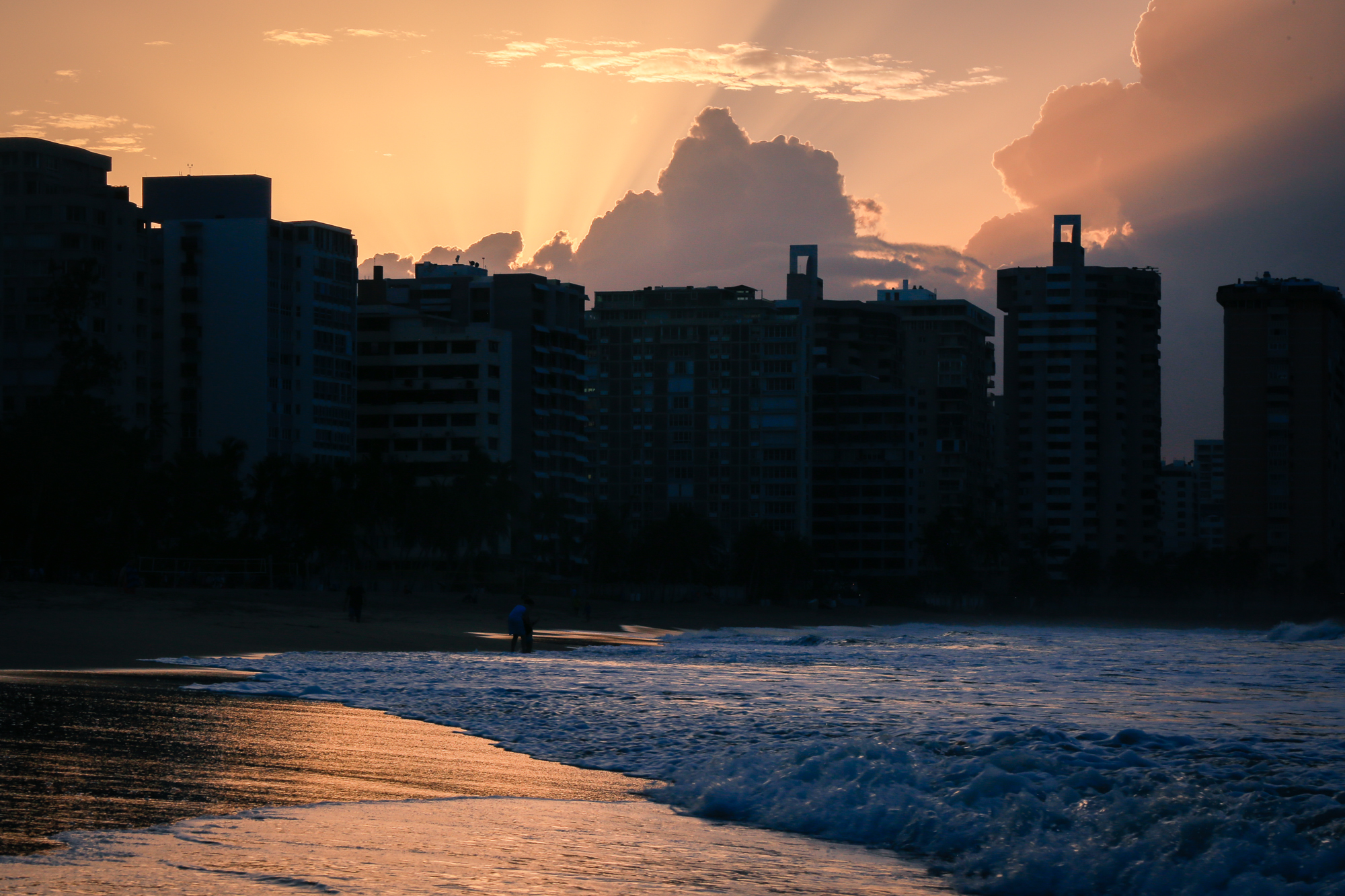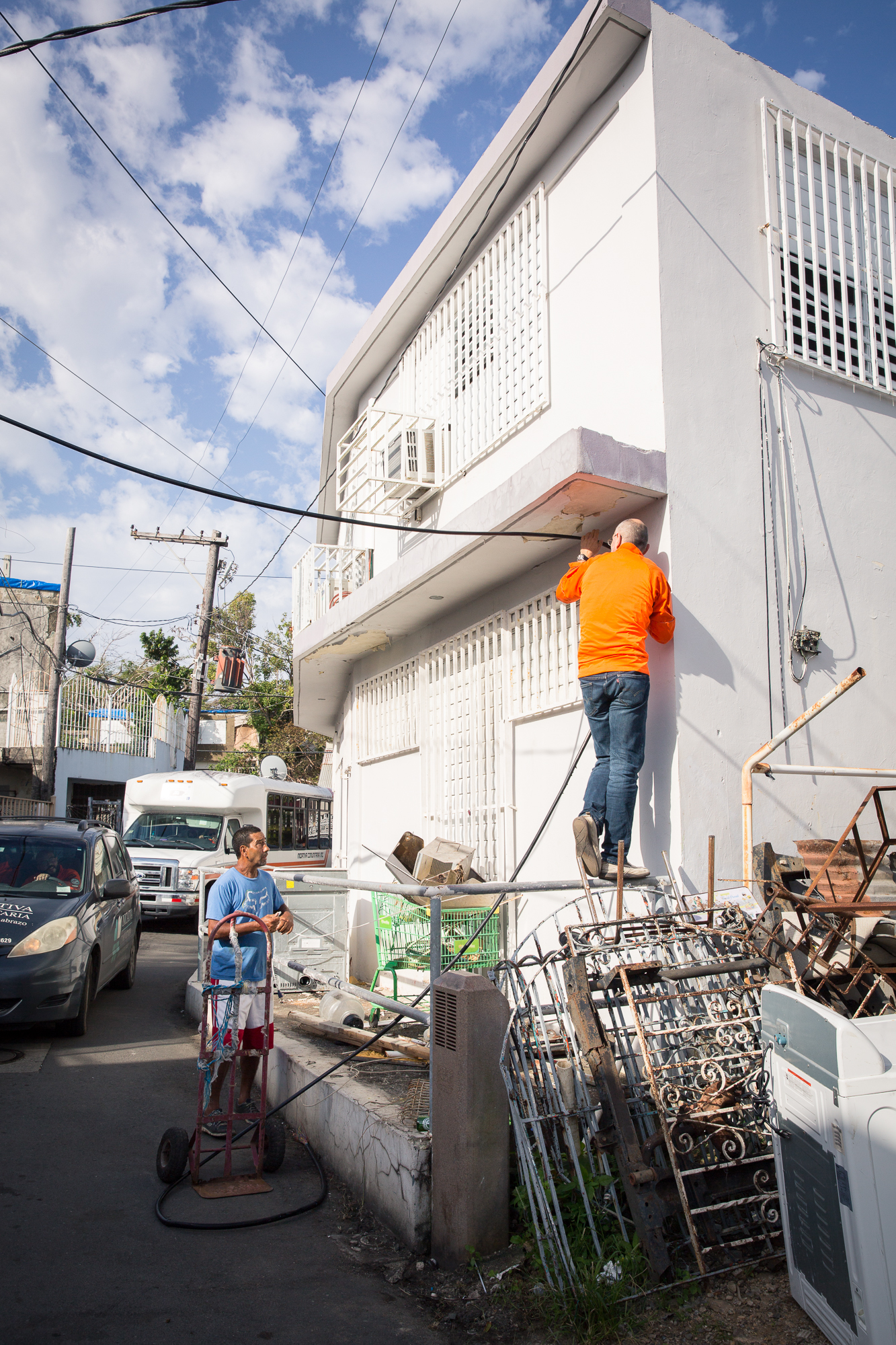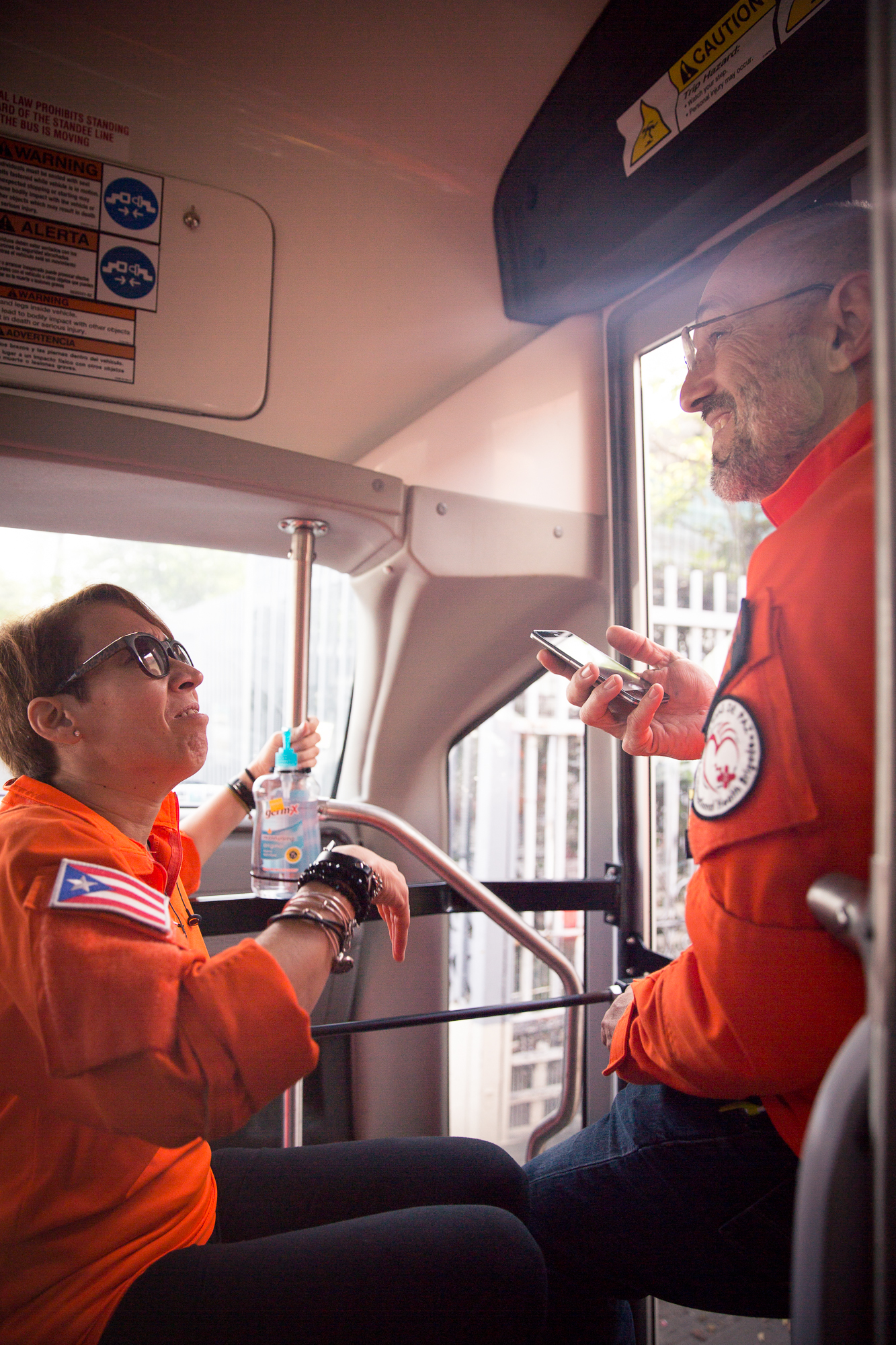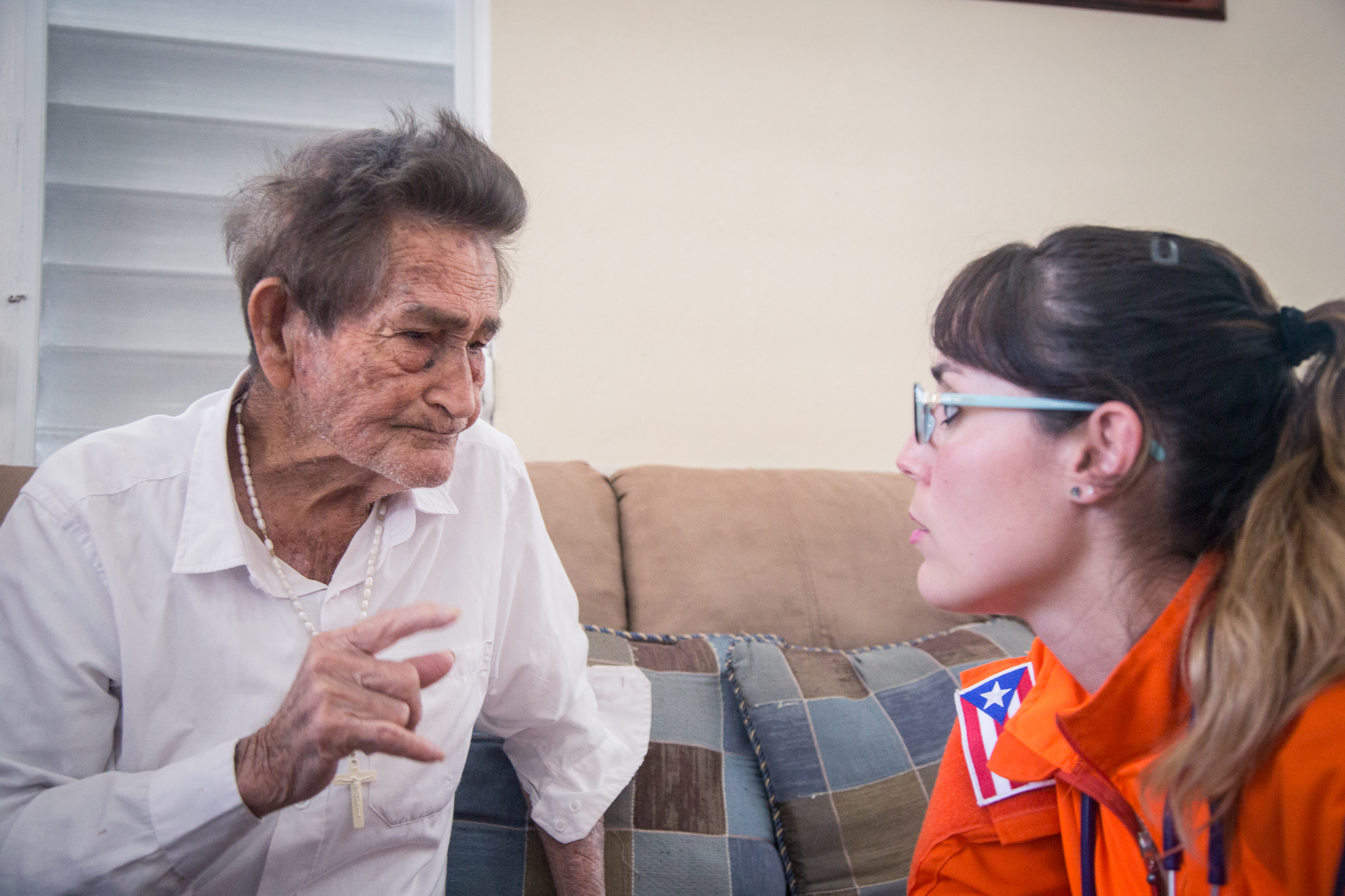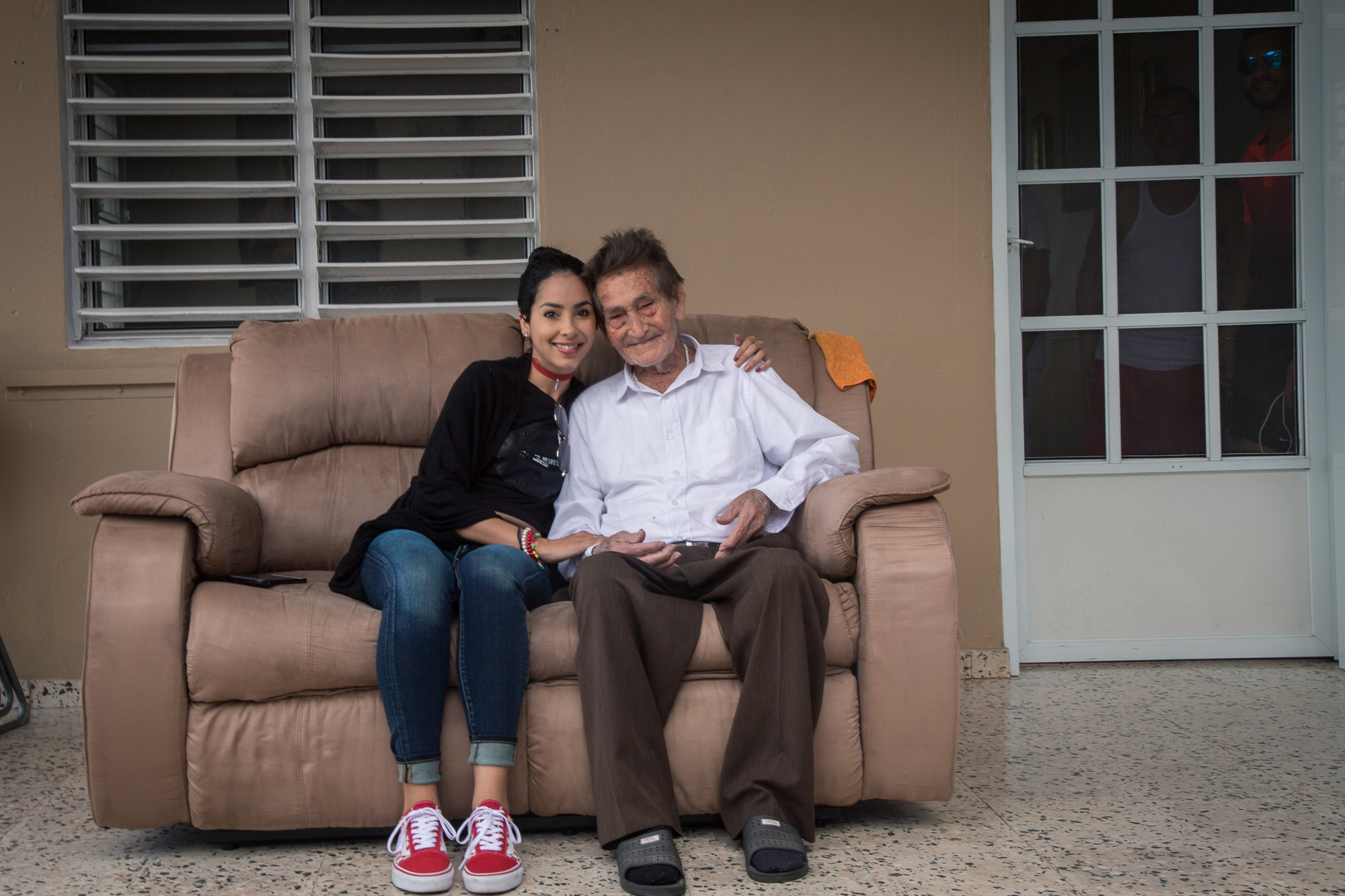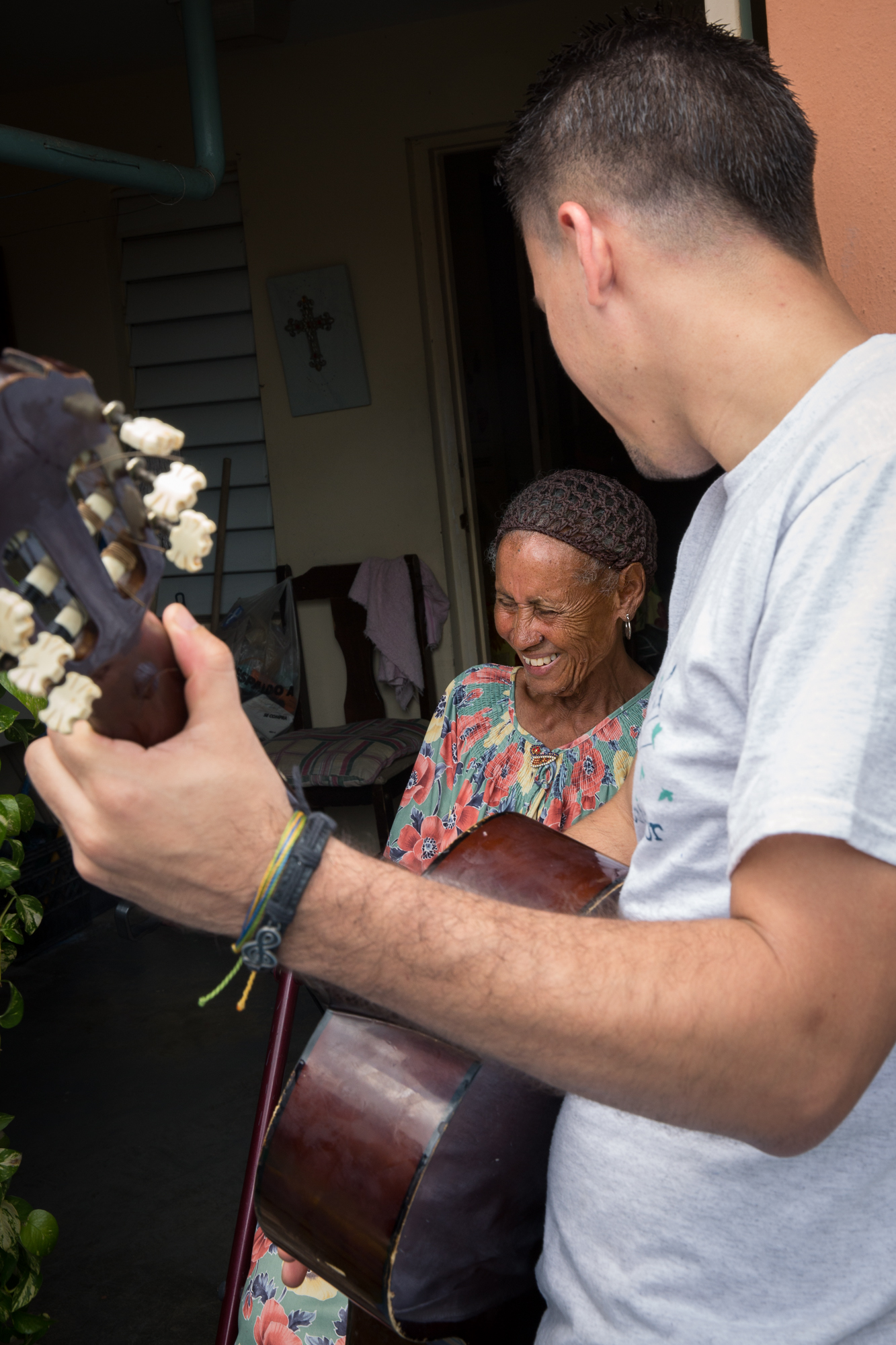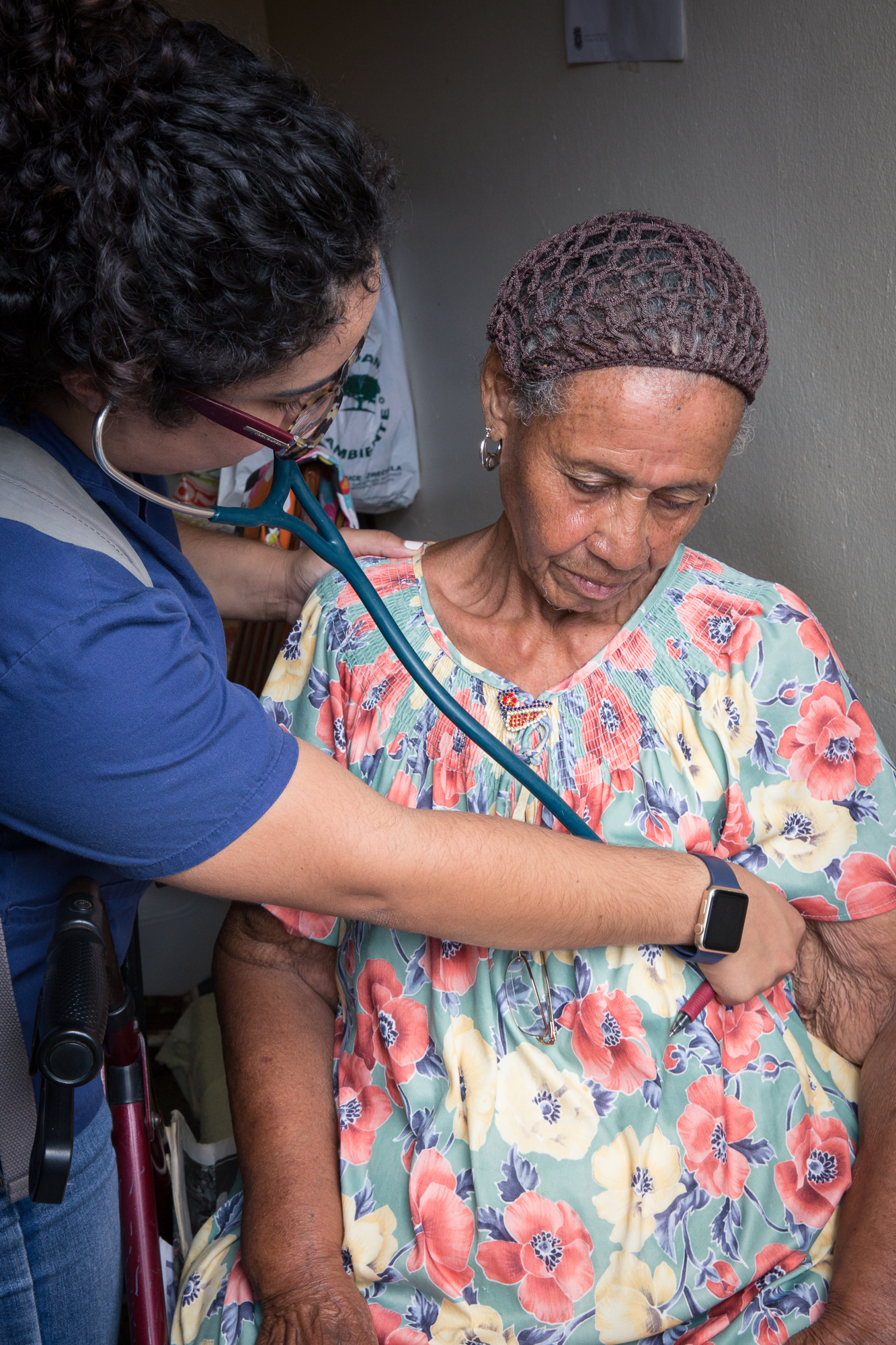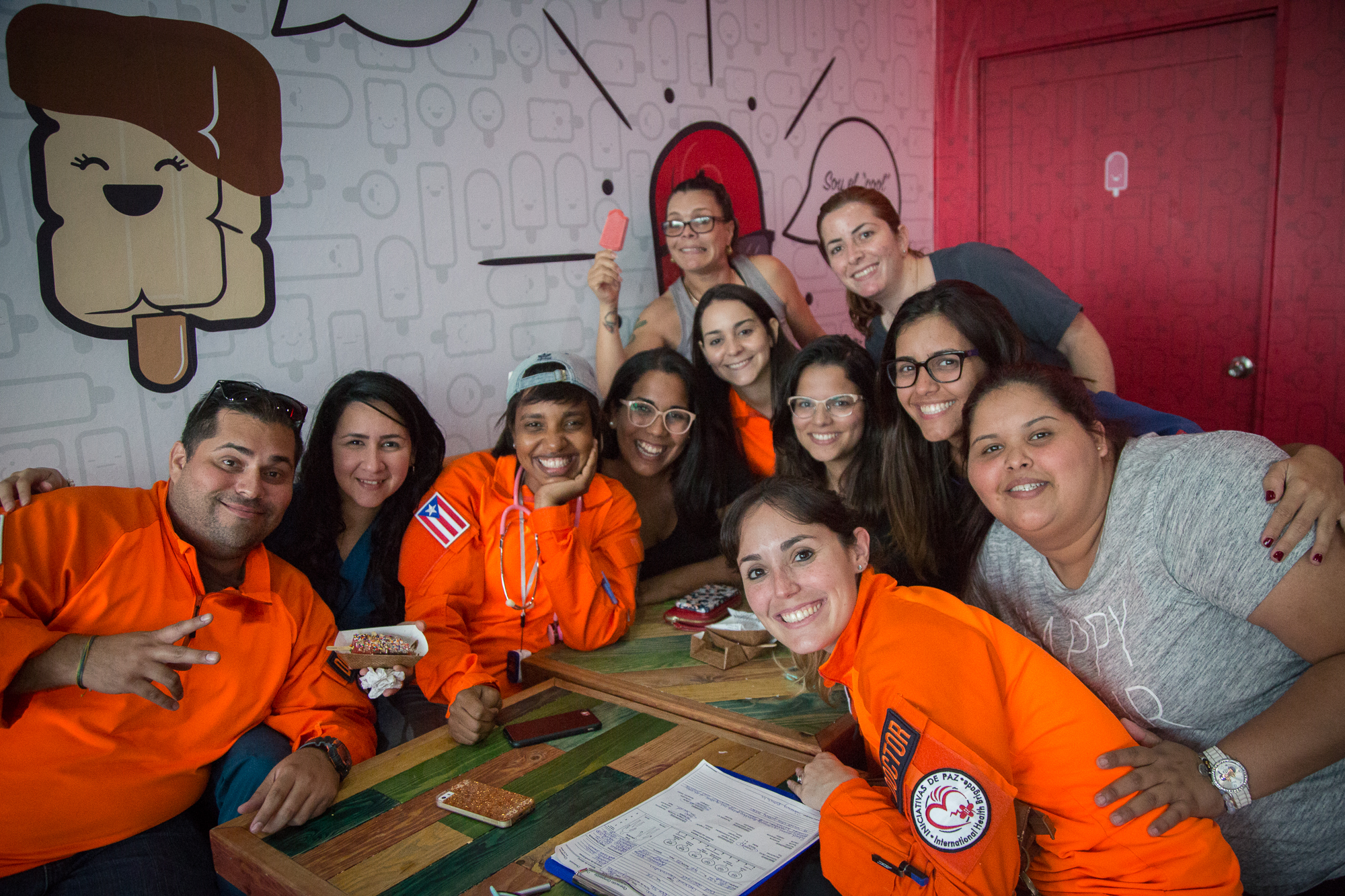Aftermath in Puerto Rico
Beautiful palms. Glistening beaches. Delicious food. Destruction.
If you ask 5 different people what they think of when you say Puerto Rico, you’ll likely get a fairly similar response. It’s easy to think that Puerto Rico is stuck in time, unable to move forward without the help of the US government. But as any Puerto Rican could tell you, the Puerto Rican spirit is strong. Although it’s true that the island could use much more support than they’re receiving, they’re not just waiting around for things to change. Aftermath, a multimedia project produced by journalism students at UNC, will be presenting five stories of how Puerto Rico is pushing towards recovery this April.
We arrived in Puerto Rico on March 8th as I’m sure many non-locals do: tired and drenched in sweat. Puerto Rico was a welcome change for many. It was hot, sunny and beautiful. Signs of the hurricane that had rocked the island almost six months prior started even before we landed; blue patches that had appeared to be lakes or pools from the air turned out to be tarps covering affected houses. As we drove from the airport to our hostel, the signs multiplied. Uprooted trees were everywhere. Few of the traffic lights worked. And most telling, graffiti pointing out the US’ slow response showed up on wall after wall.
Prior to leaving, we had found story subjects in Puerto Rico based on issues facing health, power, pollution, biodiversity, and water. After our first day of getting settled, we were off to work. My team, the team focusing on health, was getting to know the people behind Iniciativa de Paz, an international-turned-local medical brigade. At the head of the organization was Jose Vargas: leader, organizer, family man.
We were very fortunate to follow Jose and the rest of the brigade around. I have been very blessed in my life- so much so, that sometimes I am struck dumb by the range and intensity. This was a constant in Puerto Rico. The people that we came into contact with taught me more than I could ever offer them. It wasn’t an easy project- we worked anywhere from 8-16 hours a day, and it could be very physically and emotionally tiring- but we had incredible coaches from UNC and inspiration from our subjects and our student collaborators from the University of Puerto Rico. Aftermath will have a public screening at UNC on April 23rd, 2018 and be released shortly after. For more information on the screening or the project, find us on Facebook.
To learn more about Jose Vargas and the health brigade, continue the story in “The Health Brigade”.
To learn more about Iniciativa Communitaria, follow them on Facebook.
